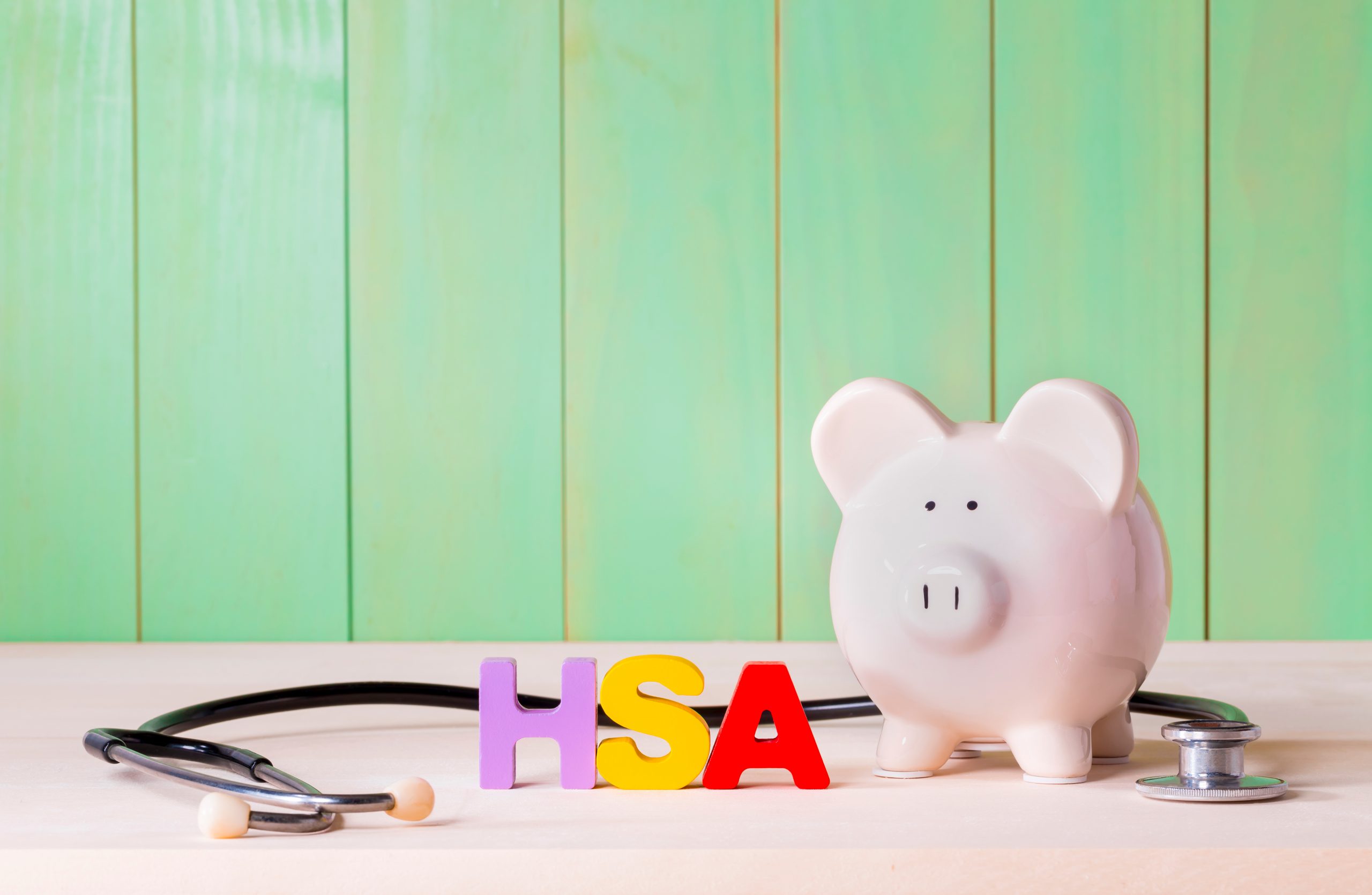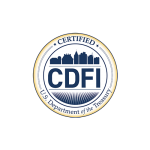
A Health Savings Account (HSA) provide real advantages for some individuals. However, they are not for everyone and not everyone is a good candidate. In certain situations, they can provide a needed buffer to offset medical costs and provide some significant tax advantages. Here is some information that will help you determine if a Health Savings Account is a good option for you.
What is a Health Savings Account?
A Health Savings Account is a special savings account where money that’s put in can be used to pay for medical expenses without being taxed.
HSAs can be opened by an individual or offered by an employer alongside a high-deductible health insurance plan. HSAs are always owned by the individual. Both individuals and employers may contribute to the HSA up to the annual deposit limit.
With HSAs, taxpayers receive a 100% income tax deduction on annual contributions. They may withdraw HSA funds tax-free to reimburse themselves for qualified medical expenses, and they may defer taking such reimbursements indefinitely without penalties.
Do I qualify for a Health Savings Account?
First determine if you are a candidate for an HSA. If you are not enrolled in Medicare, not claimed as a dependent on anyone else’s tax return and have a high deductible health plan (HDHP) you are a good candidate. Also, if you have no other health coverage or limited coverage (exceptions apply), a Health Savings Account may be a good choice.
Advantages of Health Savings Account
The main benefit of a health savings account (HSA) for many people is the ability to save on taxes. An HSA account is a tax-advantaged account, which means that holders of HSAs enjoy certain types of tax benefits.
HSAs allows you decide how much money to set aside for health care costs. You control how your HSA money is spent and are free to shop around for the best value in medical care.
Your employer can to contribute to your HSA, however, you own the account and the money is yours even if you change jobs. Any unused money at the end of the year rolls over to the next year and is yours indefinitely. Additionally, you don’t pay taxes on money going into your HSA.
Many Expenses Qualify
Eligible expenses include a wide range of medical, dental, and mental health services. Since the Coronavirus Aid, Relief, and Economic Security (CARES) Act, over-the-counter medications and menstrual products now qualify as HSA expenses.
Others Can Contribute
Contributions can come from you, your employer, a relative, or anyone else who wants to add to your HSA. The IRS does, however, set limits. In 2022, the limit is now $3,650 for individuals and $7,300 for family coverage
Tax advantages
Most contributions are made with pretax dollars through payroll deductions by your employer. As a result, they are not included in your gross income and are not subject to federal income taxes. In most states, contributions are not subject to state income taxes.
If you make contributions with after-tax dollars, you can deduct them from your gross income on your tax return, reducing your tax bill for the year.
Withdrawals from your HSA are not subject to federal or most state taxes, if you use them for qualified medical expenses.
Rollover and Portability
If you have money left in your HSA at the end of the year, it rolls over to the next year.
The money in your HSA remains available for future qualified medical expenses even if you change health insurance plans, go to work for a different employer, or retire. Essentially, your HSA is a bank account in your name, where you decide how and when to use the funds.
Convenience
Most HSAs issue a debit card. This allows you can pay for prescription medications and other eligible expenses easily. Medical bills can be paid by mail, or by calling the billing center and paying the bill over the phone with your HSA debit card. Also, you are allowed to reimburse yourself out of an HSA if you have paid a medical bill with an alternative form of payment.
The Disadvantages of Health Savings Accounts
Here are some of the disadvantages to consider, if you qualify for a Health Saving Account. The main downside of an HSA is that you will have a health insurance plan with a high deductible.
You will be responsible for coming up with the cash to pay for your deductible before your insurance plan will begin paying for your healthcare costs. This means you’ll need to pay for visits to the doctor, medical procedures, and prescriptions until you satisfy your deductible.
High deductible plans don’t work for every situation. Some people may want to look at different types of healthcare plans that offer a lower deductible.
Recordkeeping
You must keep receipts to prove that your withdrawals were used for qualified health expenses. This will be necessary if you are audited by the IRS.
Taxes and Penalties
If you withdraw funds for non-qualified expenses before you turn 65, you’ll owe income taxes on the money plus a 20% penalty. Once you’re 65, you’ll owe taxes but not the penalty. Some HSAs charge a monthly maintenance fee or a per-transaction fee, which varies by institution.
Conclusion
If you are enrolled in a high-deductible health plan, the tax advantages of an HSA and the ability to roll over unspent money are significant advantages. But high-deductible health plans aren’t always the best option, especially if you expect to have significant healthcare expenses. Explore your options and pick the best plan for your own situation.





